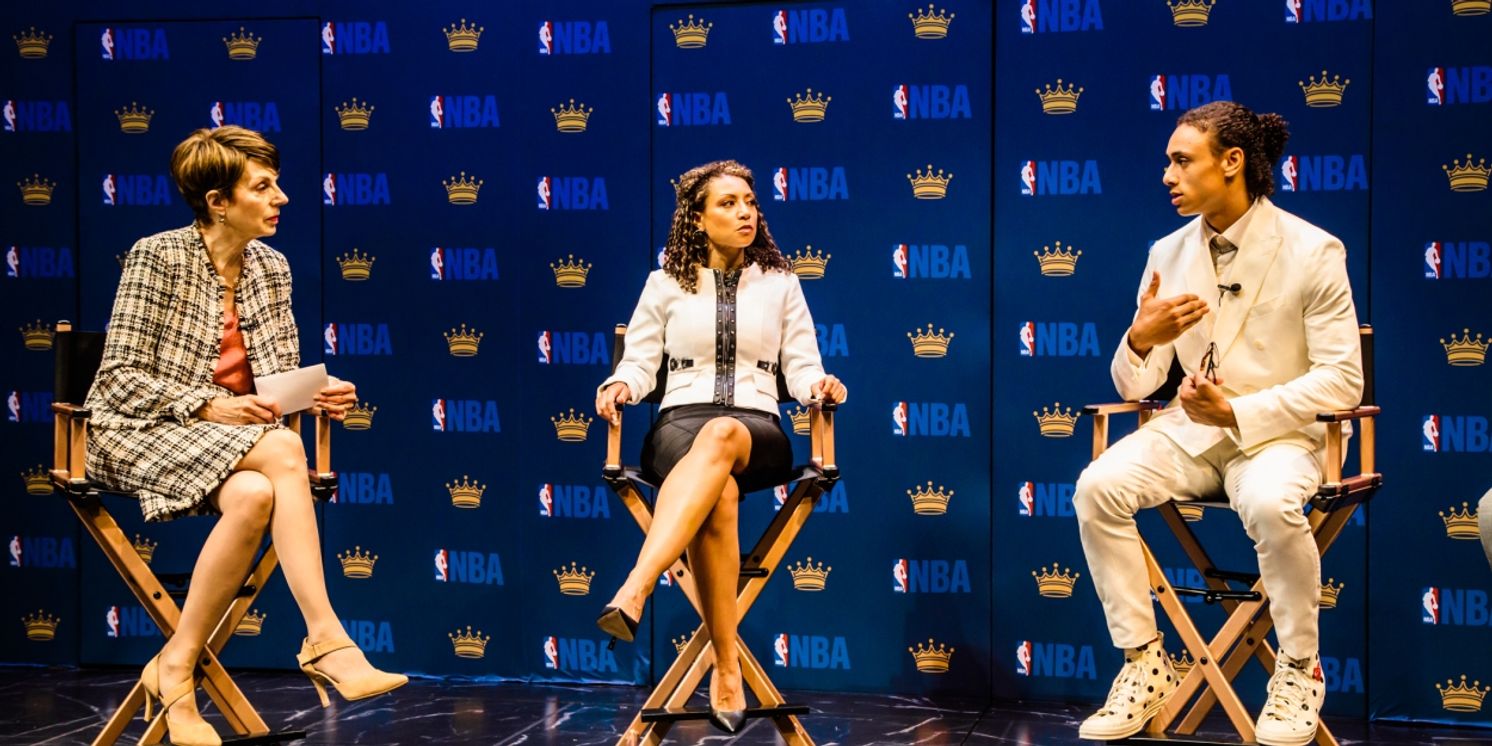Review: KING LIZ at The Geffen Playhouse
The West Coast Premiere of Fernanda Coppel's Play

A quick browse through the program for King Liz, the latest offering from the Geffen, tells us that the story unfurling before us has not only been embraced as a piece of theatre but is miraculously (and maybe impossibly) equally a suitable premise for the pilot of a television show. Since coming to Los Angeles, I've sat through several noble productions hewn together by actors, designers, and directors attempting to jam a square peg (a script written by a screenwriter hellbent on landing the right agent with this new premise) through a round hole (the conventions of the American regional theatre). King Liz is the premise for a television show at best, and, despite the noble work of those who are trying to pass it off as a piece of live theatre, its plot points, the characters' relationships, and the narrative are only strong enough to grab our interest through the next commercial break, and certainly not impactful enough to engage us in any meaningful way in three-dimensional space. Sequences of shoddily-staged and under-realized physical violence become hokey and redundant although they are placed as structural plot supports that require a strong punch to the gut.
Ironically, the narrative, which explores the realities of Liz Rico, a Black woman who has worked her way through the ranks at a powerful sports agency and her newest client, Freddie Luna, an Afro-Latino high schooler from the projects who becomes a highly-desired NBA draft pick, has a lot to do with television. The play flirts around the significance of televised media as a way to curate one's image, as an invasion of one's privacy, and as a quasi-religious, fully-encompassing part of our culture. But where Center Theatre Group's recent King James delves into the erudite commentary on athlete-worship within the zeitgeist, King Liz never manages to delve into anything.
In a play that is really a television show and that is so thematically concerned with television, more resources needed to be put toward creating the moving images which distract the audience from the scenic changes. As is, it seems that scenic and video designer Justin Humphres downloaded two new fonts and shot some stock photos of the actors after a rehearsal. The whole attempt seems chintzy and it makes the actors look incredibly silly as a photo of them performing "anger" flashes across the screen. After Freddie attempts to take his own life, we see his image overlayed with stars in an animation that even the most tactless funeral director would find obscene. Titles of each scene bounce about like a school powerpoint presentation, and all of the sequences lend a sophomoric air to the entire piece. In an evening of realism like this, we should not have to dwell on the design of the playing space, and yet, this was performed in an incredibly ugly space. If this team had effectively fused live and prerecorded performances, perhaps the shortcomings of the text would be more forgivable.
In the titular role, Sabrina Sloan is marvelous. She is able to humanize a character who is not effectively fleshed-out by the script. Never quite Miranda Priestly, Sloan lends the character an ageless warmth that is neither motherly nor seductive, but rather so indescribably sure-footed and self-actualized that it would be foolish not to trust her. Michelle Ortiz's Gabby is a character (and a performance) out of a whole separate sitcom. Stylistically, she floats about on her own cloud- an attempt at comic relief who was never fully integrated to the script. Evan Morris Reiser is physically, vocally, and spiritually convincing as a rookie who is in over his head.
Reader Reviews

Videos

